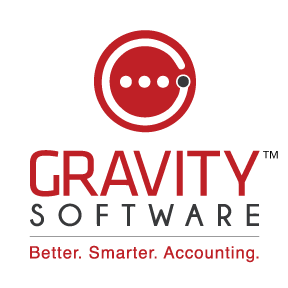Hospitality businesses thrive on guest satisfaction — but behind the scenes, accounting teams face constant challenges. Managing multiple locations, entities, vendors, and revenue streams often means working late nights with spreadsheets, duplicate entry, and disconnected systems.
Entry-level tools like QuickBooks, Xero, or Sage may work for a single property but quickly fall short when hospitality companies expand. That’s why growing hotels, restaurants, spas, and event venues turn to Gravity Software — the cloud-based hospitality accounting solution built on the Microsoft Power Platform. With Microsoft 365 integration, real-time insights, and multi-entity automation, Gravity helps you scale without complexity.
Many hospitality organizations outgrow QuickBooks as they expand. Learn more about the best QuickBooks alternatives for growing businesses.
Schedule a Demo to see how Gravity transforms hospitality accounting.






